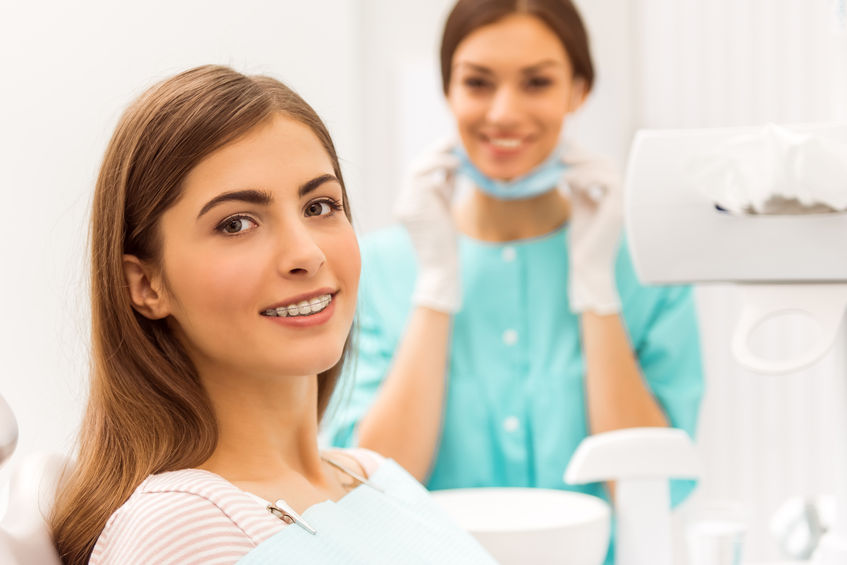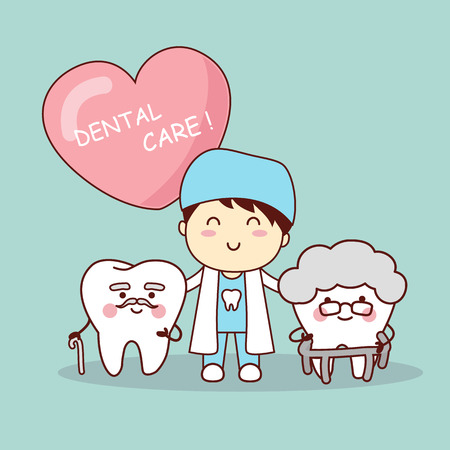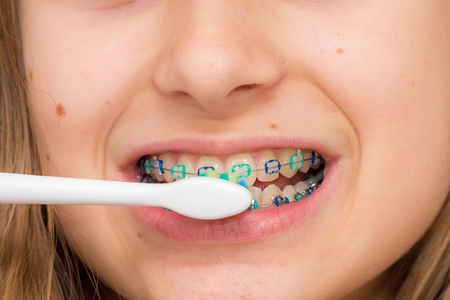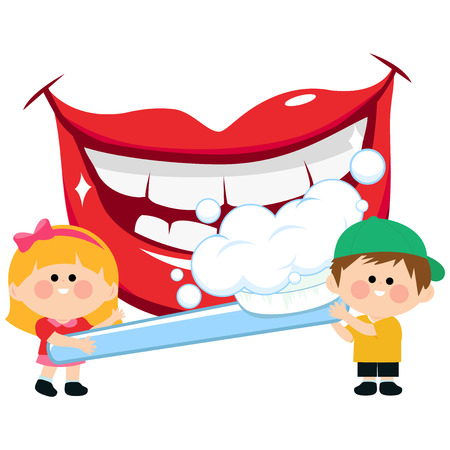That twice-yearly trip to the dentist could do more than keep teeth and gums healthy: It may decrease the risk of pneumonia by reducing bacteria in the mouth, suggests research being presented at IDWeek 2016™.
Nearly one million Americans become ill with the infection every year and 50,000 die. While it is more common among older people and those with conditions such as AIDS or lung disease, anyone can get pneumonia. Based on an analysis of a national database of more than 26,000 people, the new research found that people who never get dental checkups had an 86 percent greater risk of pneumonia than to those who visit the dentist twice a year.
“There is a well-documented connection between oral health and pneumonia, and dental visits are important in maintaining good oral health,” said Michelle Doll, MD, lead author of the study and assistant professor of internal medicine in the Division of Infectious Disease at Virginia Commonwealth University, Richmond. “We can never rid the mouth of bacteria altogether, but good oral hygiene can limit the quanitities of bacteria present.”
Researchers analyzed data obtained from the 2013 Medical Expediture Panel Survey, which asks about healthcare utilization (including dental care), costs and patient satisfaction. They found 441 of 26,246 people in the database had bacterial pneumonia (1.68 percent) and that those who never had dental checkups had an 86 percent increased risk of pneumonia compared to those who had twice-yearly appointments.
The body contains 10 times as many microbes (bacteria, fungi and viruses) as human cells on or in the body, from the skin to the gastrontestinal system (including the mouth). Some microbes are good and some are bad, but even bad microbes only cause disease under certain circumstances. In some cases, bacteria can be accidentally inhaled or aspirated into the lungs and cause pneumonia. Bacteria that commonly cause pneumonia include streptococcus, haemophilus, staphylococcus, and anaerobic bacteria. Routine dental visits may reduce the amount of bacteria that can be aspirated, said Dr. Doll.
“Our study provides further evidence that oral health is linked to overall health, and suggests that it’s important to incorporate dental care into routine preventive healthcare,” said Dr. Doll.
Story Source: Materials provided by Infectious Diseases Society of America. Note: Content may be edited for style and length.


Are you too old for Orthodontic Treatment?
Do you need Orthodontic Treatment? Are you unsure if you're too old to get treatment done? There are a few things you should consider if you're thinking about getting treatment done. As one gets older, bones tend to become a bit brittle so you need to take that into...

How to Avoid Staining Your Teeth While Wearing Braces
One of the biggest issues with wearing braces, is how to avoid staining your teeth. Here is a list of some things to prevent getting stained teeth while wearing braces. You want to try and eliminate foods and drinks that are high in sugar and starch as well as acids....

When Should Your Child Start Seeing an Orthodontist?
Good dental health for children starts by making sure that they visit the Orthodontist at the right age. According to the American Association of Orthodontists, your child should visit the Orthodontist by age 7. Visiting the Orthodontist at this age is the best...
